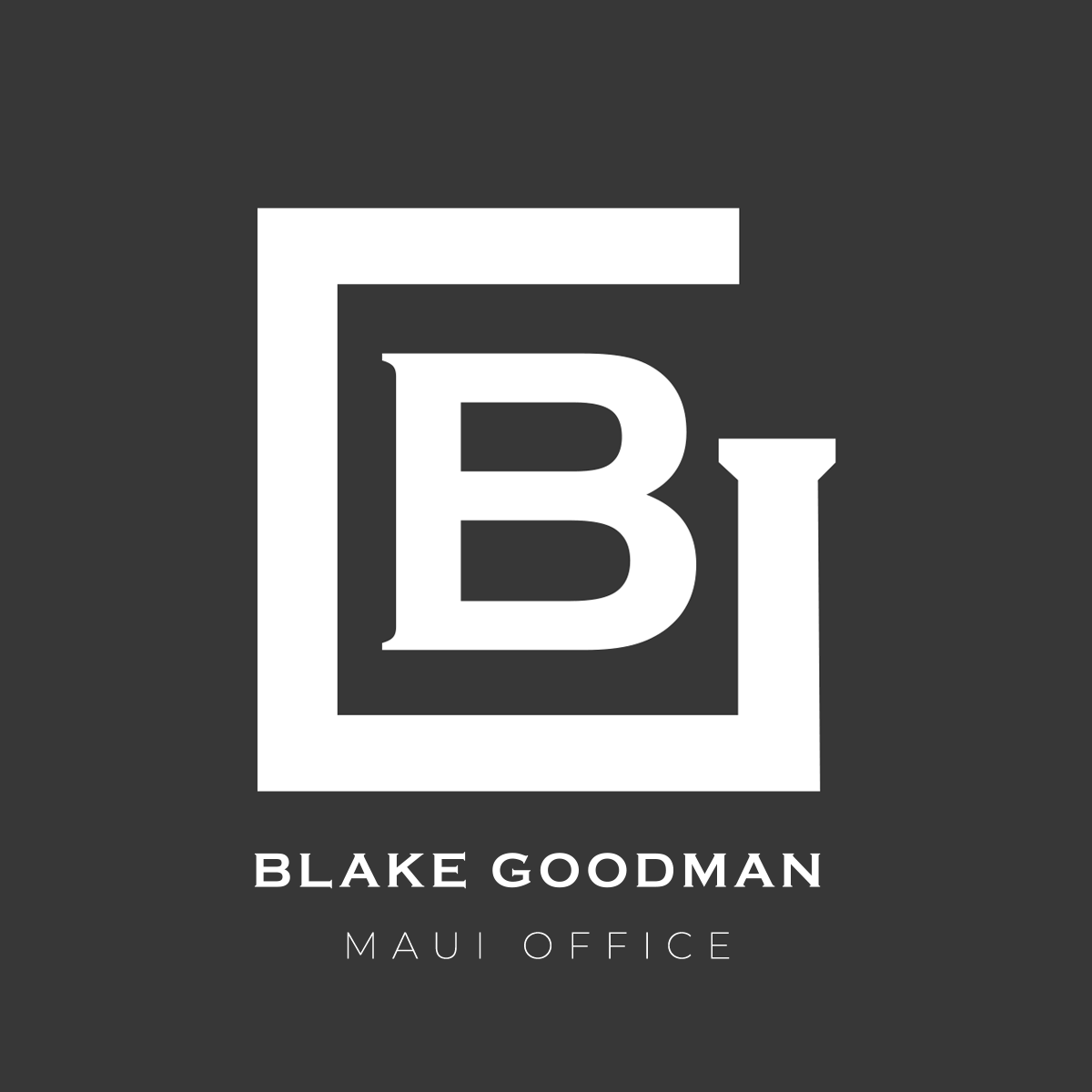What Can Happen If I Fall Behind on Debt?
If you fall behind on a debt, the creditor has several options to collect:
- They can engage in its own collection efforts
- Enlist a third party to collect on its behalf, or
- Sell the debt to a debt buyer who would then step into the shoes of the original creditor.
However, there are federal and state laws that regulate how consumer debts are collected under each option. As a debtor, you have certain rights that protect you from harassment and abuse from creditors. Below, we explain the federal debt collection laws that provide protections for debtors.
Fair Debt Collection Practices Act (FDCPA)
The FDCPA provides consumers with protection from people or entities collecting debts on another’s behalf. It covers all forms of communications used to collect debts (in-person, written, telephone, etc.). However, when it comes to someone collecting its own debt, the FDCPA is much more limited.
Creditors are limited to how and when they can contact you as well as what they can say:
- Creditors cannot threaten you with legal action they cannot take
- Creditors cannot use foul or obscene language
- Creditors cannot threaten physical harm or arrest
- Creditors cannot use deceptive tactics to persuade you to pay
Many people are concerned that a debt collector will call their employer or friends and neighbors to extract money using shame. While a debt collector can contact employers and other people to obtain information about where you live or how to contact you, it cannot disclose information about your debts.
The FDCPA does contain provisions prohibiting or stopping all calls to employers or to a home phone, as well as restrictions on the number of contacts and who else (other than the borrower’s spouse) can be contacted.
Telephone Consumer Protection Act (TCPA)
While the TCPA separates federal law that covers telemarketers in general, it also applies to debt collectors. The TCPA can apply to either the original creditor, third-party debt collector, or debt buyer.
Because so many of us rely on our cell phones as our sole way to communicate with the world, the TCPA is particularly important. So if you are receiving calls from collection agencies on your cell phone, there may be additional federal protections and remedies in addition to the FDCPA.
The TCPA covers so-called entities that used an auto-dialer or “robo-dialer” to call a person who previously withdrew or opted-out of receiving calls or text messages on their cell phone.
While you may have previously provided consent by allowing the creditor or collection agency to contact you on your cell phone, that consent is revocable (you can withdraw your consent). Once revoked, if a debt collector continues to use an auto-dialer to contact you on your cell the debt collector could have violated the TCPA.
While the FDCPA and TCPA cover phone calls, it is likely that what remains to be seen is whether debt collectors begin to use social medial (Facebook, Twitter, etc.) to attempt to collect debts.
Please note that these laws only govern how a creditor can collect. They themselves do not absolve you of the underlying debt.
Stressed About Your Debts?
If you are overwhelmed with debt and struggling to keep afloat, contact our legal team for help. We can help you explore various debt relief options, including bankruptcy.
Schedule a free consultation to get started.

Email: blake@debtfreehawaii.com
Website: https://www.debtfreehawaii.com/
HONOLULU OFFICE
900 Fort Street MallSuite 910
Honolulu, HI 96813
Phone: (808) 517-5446
AIEA OFFICE
98-1238 Ka'ahumanu StSuite 201
Pearl City, HI 96782
Phone: (808) 515-3441
KANEOHE OFFICE
46-005 Kawa StSuite 206
Kaneohe, HI 96744
Phone: (808) 515-3304
MAUI OFFICE
220 Imi Kala St. #203BWailuku, HI 96793
Phone: (808) 515-2037

